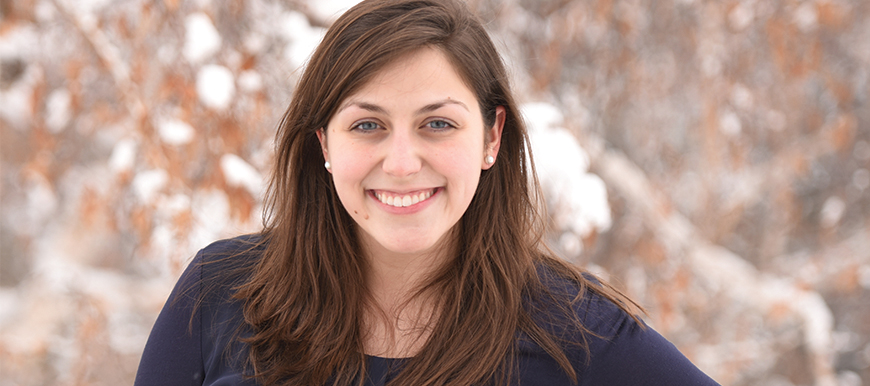Death is a part of life
Death is weird.
Aside from a friend’s suicide during my eighth-grade year, I didn’t have to deal with it much until college. That’s when I learned how aggressive cancer can be, and not just with people who are older. It’s been four years since Kimberly Nelson, a USU student younger than I was, died from cancer. It’s been just over a week since Tiffany Hester, another USU student even younger than Nelson was, followed the same path.
I wasn’t very close friends with either of these people. I met them because they wanted to be involved with Relay for Life at USU and I was the club president at the time. After they relapsed and couldn’t come to school anymore, I would randomly text them every once in a while asking how they were. When I found out Kim died, I was really upset and felt all kinds of guilt for not being a better friend, for not knowing sooner. When I found out about Tiffany, I remembered my experience with Kim.
I’ve heard a lot of people talk about death lately. One of my professors discussed how a lot of times people who were complete jerks in life are put on a pedestal after death, and the people who disliked them in life suddenly defend their good character. Perhaps it’s because of guilt or regret, or perhaps it’s just a coping mechanism. Another conversation I had was with a fellow editor, who told me no one should have to justify their reason for mourning, even if they didn’t know someone well or didn’t have a strong relationship with them. And, for that matter, no one should have to explain why they’re moving past a loss either.
I think she’s right. Everyone you come in contact with in life has the potential to affect you. Sometimes we are legitimately moved by the stories of people who lived halfway across the world. Sometimes we feel sympathy for a moment and move on unscathed. But acknowledging the effect someone had on you or that they were a part of your life for a time is not something you need to feel ashamed of or awkward about.
Cancer sucks. Suicide sucks. Car accidents suck. AIDS sucks. Thoughtlessness sucks. And a whole lot of other things suck, too. But I can’t stop a car accident. I can’t control what has happened in the past. I can’t change the fact that I didn’t call someone the week before they died or that I never ended up putting postage on a card I’d made for them. There are all kinds of things I wish I would have done, but I didn’t. That shouldn’t impede my ability to be sad that the opportunity is gone. It shouldn’t impede my ability to keep moving forward either.
This week someone told me a good indicator of when you’re ready to marry someone is whether or not you can imagine a life without them in 10 years. If you can, you should let the relationship develop further before full-on commitment. If you can’t, you should marry them. I’ve thought about that quite a bit, and though I think I understand the logic, I’ve decided I disagree.
I believe differently because the fact of the matter is that I can imagine living life in 10 years without any the people I love most in this world. Of course I don’t want to have to do that, but death happens and life must go on. And of course I’m going to be sad about it and miss the people I lose, and maybe my life will be put on pause for a while. But with time I’ll realize that wallowing isn’t helping me anymore and that there is more of my life to be lived.
In general, we are too worried about owing everyone an explanation. And though communication is the key to good relationships, we don’t owe anyone anything. If sharing helps us get a new point of view, awesome. If it helps us branch out and develop deeper relationships, cool. But if it stresses us out and makes us feel pressured, then stop. Don’t do it.
Life is meant to be lived and endured and enjoyed. And death — as weird as it is — is part of life.
—Mariah Noble is editor-in-chief of The Utah Statesman. Contact her at m.noble@aggiemail.usu.edu.

